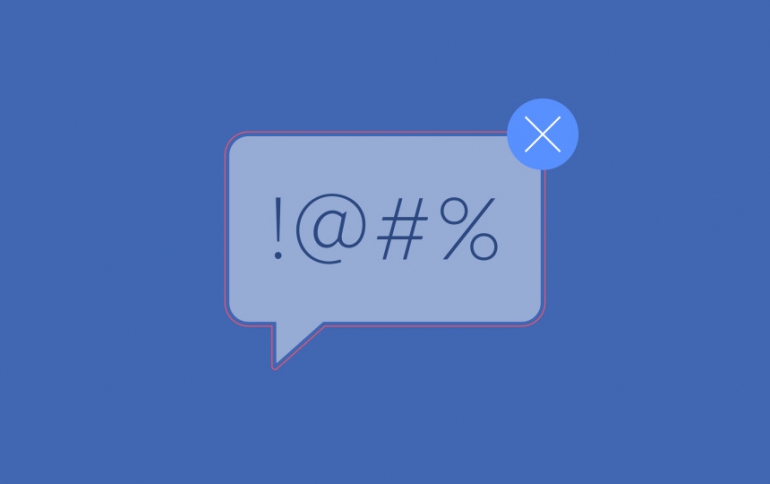
Facebook Can be in Charge for Moderating Online Hate Comments: court
Facebook can be forced to remove posts anywhere in the world to protect European Union users from hateful content, Europe's highest court ruled in a case.
The judgment by the Luxembourg-based Court of Justice of the European Union (CJEU) said Facebook may have to comply with requests to take down content globally under certain conditions. European courts can force platforms such as the social-network giant to seek and destroy such content once they’ve been alerted, the EU judges said.
“EU law does not preclude a host provider like Facebook from being ordered to remove identical and, in certain circumstances, equivalent comments previously declared to be illegal,” the Court said in a statement.
“In addition, EU law does not preclude such an injunction from producing effects worldwide, within the framework of the relevant international law.”
The European Commission said the ruling was limited to court orders and doesn’t concern any other forms of notice by users alleging that certain content is illegal.
In 2014, the EU’s top court gave people the "right to be forgotten," allowing them to ask Google to remove European links to websites that contain false information that could harm a person’s reputation. Still, in contrast to Thursday’s judgment, the same court decided last month against requiring search engines to scrub links globally.
Platforms from Facebook to Google’s YouTube should tackle online hate speech within 24 hours, once made aware of it, according an aggreement made with the European Commisionn in 2016.
The judgment “undermines the long-standing principle that one country does not have the right to impose its laws on speech on another country,” Facebook said in a statement. “It also opens the door to obligations being imposed on internet companies to proactively monitor content and then interpret if it is ‘equivalent’ to content that has been found to be illegal.”
The EU court decided that in some cases platforms can be ordered not just to remove identical content, but also posts that are equivalent to such hateful and illegal ones. According to Facebook and human rights group Article 19, this risks trampling on people’s fundamental rights.
“Compelling social media platforms like Facebook to automatically remove posts regardless of their context will infringe our right to free speech and restrict the information we see online,” said Thomas Hughes of Article 19. “The judgment does not take into account the limitations of technology when it comes to automated filters.” l
In contrast to the U.S. where freedom of speech is a constitutional right, Europe has traditionally placed more limits on what people publish.
Facebook found itself in the dock after Eva Glawisching-Piesczek, chairwoman of the Greens parliamentary group in Austria, sued the company in an Austrian court, asking that it delete a comment posted by a user that she said undermined her honor, and also to remove identical claims. The Austrian court subsequently sought guidance from the CJEU.





















